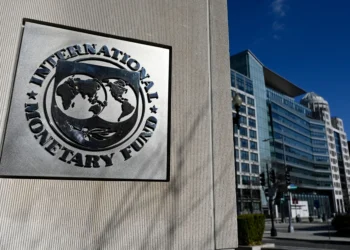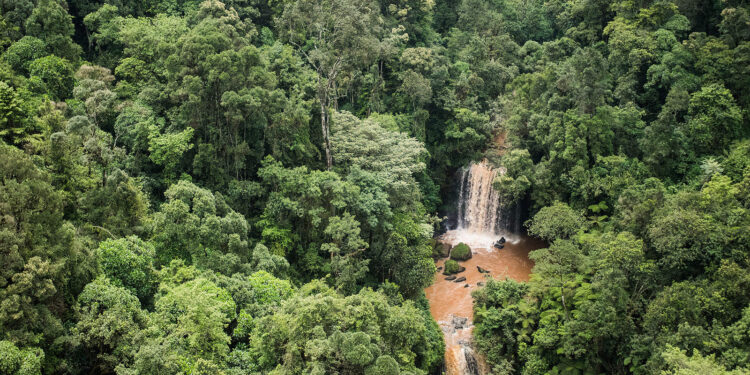President William Ruto has stunned Kenya’s timber trade with a bold double-barrelled directive: Ruto bans furniture imports and reopens Mau logging, slapping a nationwide halt on foreign-made sofas, tables, and cabinets while greenlighting the harvest of mature trees in the long-shuttered Mau Forest Complex.
The announcement, delivered during a fiery address at the Nairobi International Trade Fair, aims to resurrect local woodworking empires and slash the Sh50 billion annual import bill that’s choked East Africa’s manufacturing dreams.
“We’re done feeding foreign factories while our carpenters use idle time to fell what’s ready and build our own legacy,” Ruto declared to cheers from sawmill owners in the crowd, his fist pumping like a piston in the dusty exhibition halls.
The policy pivot, effective immediately per a gazette notice from Trade Cabinet Secretary Lee Kinyanjui, carves out a phased ban: no new furniture shipments from January 2026, with exemptions for critical medical beds and eco-certified exotics.
It’s a lifeline for Kenya’s 200,000-plus informal woodworkers, many in Eldoret’s back alleys and Mombasa’s mangrove fringes, who’ve watched cheap Chinese knockoffs flood markets since the 2010s.
“This isn’t just wood; it’s wages for my boys’ school fees,” beamed 58-year-old carpenter Juma Otieno from his Thika workshop, where sawdust still clings to his overalls like forgotten confetti.
Kinyanjui, in a follow-up briefing at Treasury, outlined enforcement: Customs scanners at Mombasa Port are on high alert, with Sh2 billion seeded for local mills to certify sustainable cuts.
At the heart of the reboot lies Mau Forest, the 273,000-hectare lung of the Rift Valley that’s been off-limits to axes since a 2018 moratorium amid deforestation alarms – illegal loggers had felled 40% of its canopy, per Kenya Forest Service audits, triggering floods that drowned Narok farms.
Ruto’s tweak? Selective felling: Only trees over 50 years old, vetted by drone surveys and community scouts, with 30% royalties funnelled to Maasai saccos for anti-poaching patrols.
Environment CS tempered the green light: “We’re harvesting wisdom, not wilderness – reforestation mandates match every stump.” Critics like the Green Belt Movement’s Wangari Maathai heirs cry foul, warning in a Monday petition: “Mau’s scars run deep; one bad permit, and we’re back to dust bowls.”
Pilots in Aberdares show promise – mature pine yields topped 100,000 cubic metres last quarter without ecosystem hiccups. This Ruto bans furniture imports and reopens Mau’s logging gambit fits the hustler’s bottom-up ethos, echoing last week’s avocado export blitz that netted Sh10 billion.
Economists at the Kenya Institute for Public Policy Research and Analysis project 50,000 jobs by 2027, plus a Sh20 billion GDP nudge from value-added planks – think teak dining sets stamped “Made in Kenya” for Dubai malls.
But whispers from Lari’s eucalyptus groves hint at pitfalls: will corrupt rangers greenwash poachers? Or will they flood Nairobi with subpar imports that are rerouted via Uganda?















